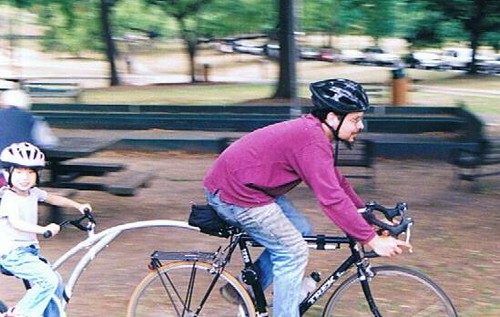|
|
🦋 I am falling, he thought.
I could live here forever, he thought, or till I die. Nothing would happen, every day would be the same as the day before, there would be nothing to say. The anxiety that belonged to the time on the road began to leave him. Sometimes, as he walked, he did not know whether he was awake or asleep. He could understand that people should have retreated here and fenced themselves in with miles and miles of silence; he could understand that they should have wanted to bequeath the privilege of so much silence to their children and grandchildren in perpetuity (though by what right he was not sure); he wondered whether there were not forgotten corners and angles and corridors between the fences, land that belonged to no one yet. Perhaps if one flew high enough, he thought, one would be able to see. Two aircraft streaked across the sky from south to north leaving vapour trails that slowly faded, and a noise like waves.
This passage -- like many others in this book -- is beautiful for the way it combines impressionistic rendering of the scene with terse, probing investigation of what is happening behind the scene. "Sometimes, as he walked, he did not know whether he was awake or asleep" communicates a mood that I know, puts me right in Michael's head, and does it with optimal efficiency, not a word wasted. Michael's meditation about silence and vastness is interrupted by his wondering by what right the owner's of the land possess this silence -- and the narrator moves outside him, above him, into the broader scene.Coetzee's epigraph for the book sounds oddly familiar, I'm sure I've heard it quoted elsewhere: "War is the father of all and king of all. Some he shows as gods, others as men. Some he makes slaves, and others free." -- Or possibly I am thinking of some other similar quotation; I think this aphorism is composed in the style of some classical writer, but I'm not sure who...
 Update: the epigraph is from a fragmentary writing of Heraclitus, quoted by Hippolytus in Refutatio â…¨.
posted afternoon of Saturday, June 20th, 2009
➳ More posts about Life and Times of Michael K
➳ More posts about J.M. Coetzee
➳ More posts about Readings
➳ More posts about Epigraphs
| |
|
Drop me a line! or, sign my Guestbook.
•
Check out Ellen's writing at Patch.com.
| |





 B. Dilly had to
B. Dilly had to  Runnin' Scared
Runnin' Scared  Tim Ware's invaluable Hyperarts pages have moved to a new url -- they are now accessible at
Tim Ware's invaluable Hyperarts pages have moved to a new url -- they are now accessible at 